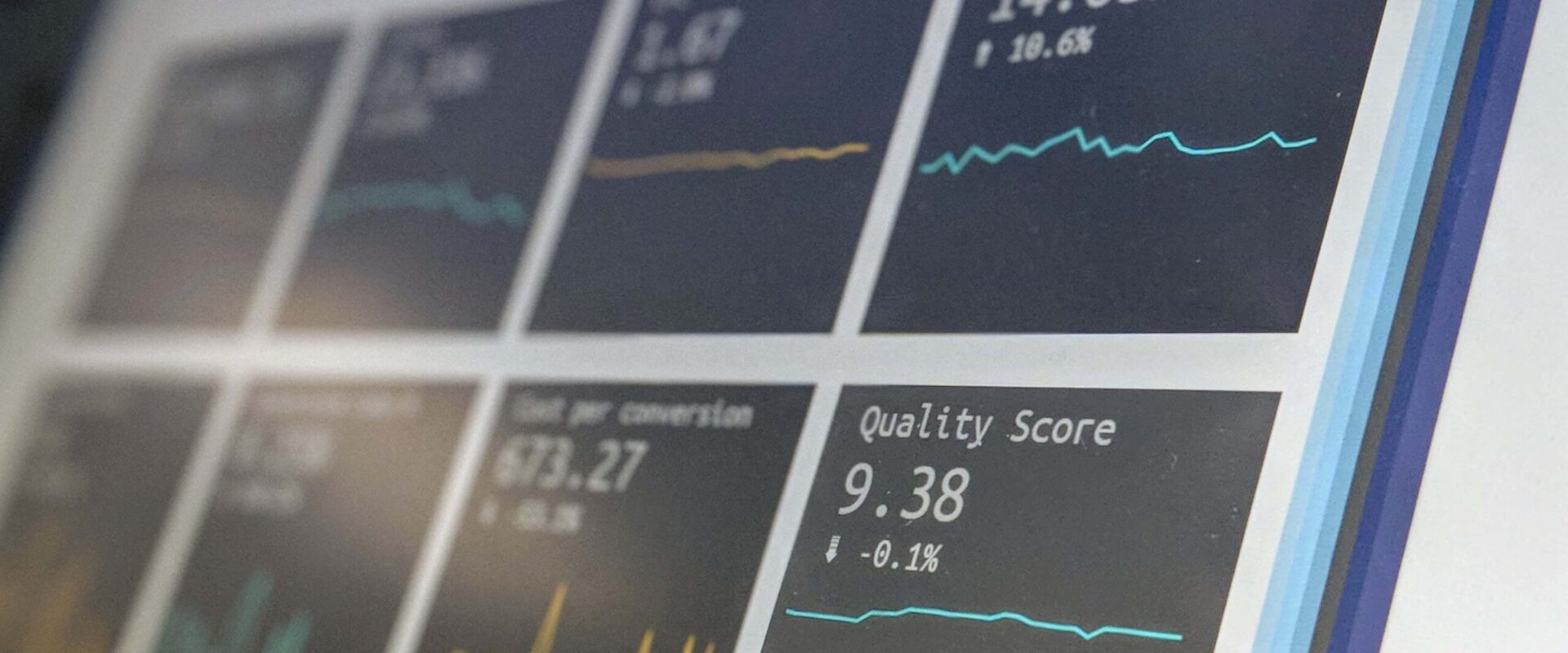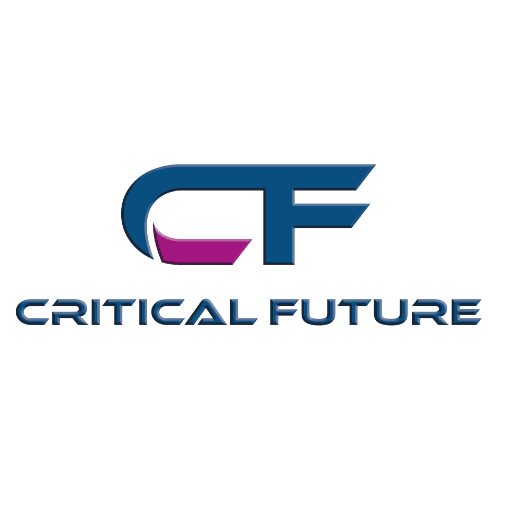
AI FOR MARKETING
Branding
AI is permeating every element of marketing, even becoming the brand. For example, Alexa is becoming the face of Amazon’s brand. Alexa is not limited to the marketing function, and like Amelia, who I described as a virtual sales agent, Alexa, in fact, works cross-functionally, making sales by taking spoken orders for products and filling many customer service functions by answering questions. But as Alexa performs the job of customer interaction, the AI is becoming the primary way for a company to differentiate itself and it is representing the brand.
In the future, a brand will be more than a static logo, like Disney’s Mickey Mouse, it will have an interactive personality. Mickey Mouse will be able to talk to millions of children at the same time, engaging them in the Disney brand. The same will be true of every company. Branding collateral will not just be producing a logo and some design templates, but the personality, tone, and feel of an AI that will engage with customers in real time. AI brand design agencies will turn your brand into a speaking, thinking, feeling AI to interact with your customers.
Personalization
Being able to provide the right message, at the right time, to the right person is the key to marketing. In order to achieve this level of personalization at scale, the only option is artificial intelligence. AI can provide the most powerful type of marketing: personalization and even hyper-personalization. Traditionally, to tailor messaging to customer segments, marketers would create personas of potential customers, which were a rough estimation of customer profiles. With AI, marketers can have a thousand personas or even millions. If all 300 mil-lion of Amazon’s customers were logged online right now, they would each have a different experience, an experience tailored to them, with products most relevant to what they are interested in. This may include winning product recommendations those customers didn’t even realize they wanted. As deep learning finds patterns in data, it can also, in some ways, know you better than you know yourself.
Campaign design
Campaign design can also be improved directly with testing that AI techniques can help you do. User eye motion can be tracked across a screen in a technique known as eye- tracking, effectively highlighting the area that a consumer is looking at in an advertisement. Additionally, combining computer vision techniques with machine learning techniques has allowed emotion detection; for example, Microsoft Azure offers a service that detects combinations of “anger, contempt, disgust, fear, happiness, neutral, sadness and surprise.” Knowing both where a consumer looks during an advertisement and the emotions it generates adds an enormous amount of value to traditional A/B testing.
Marketing analytics
Automatic summarization and other AI data analysis and learning tools can extract and report trends and relationships in this data, intelligently scoring the likelihood of a customer opening an email, subscribing to a newsletter or making a purchase.
Content creation
AI programs can produce content to increase web traffic. Joe Pulizzi, founder of the Content Marketing Institute, recently said:
In 10 years, the majority of content will be generated by software. In 20 years, humans will wonder why we wasted so much time on content creation. I can’t see any other way around this.
Open AI announced in February 2019 it had developed powerful new natural language–generation AI. For example, if you write a sentence about the conspiracy theory that the United States never really went to the moon, it will continue the argument for you.
Social listening
Natural Language systems can read news articles and product reviews to determine both overall market sentiment toward a product and the trend of the market.
Coca Cola listens to trending news to produce creative content linked to the news. Doug Busk, the company’s former global group director for social and digital communications, says “the brand Coke is mentioned over 35 times per minute somewhere around the world,” making it one of the most socially discussed brands in the world. While this presents a tremendous opportunity to harnesses positive publicity, it also poses a colossal challenge to minimize the impact of negative publicity. Jen Miller, who worked on Coca-Cola’s global digital innovation efforts for nearly six years, says, “The world has changed; the way we work must change.” Coke has devised The Hub 1, a sophisticated high-tech social media center that listens, analyzes and engages in real time. The Hub network helps create more inter-active and focused campaigns, monitors customer reaction to those campaigns and measures brand engagement by analyzing online conversations.
Social media management
KLM Royal Dutch Airlines uses AI for social media management. It adds automated answers to customers’ general questions without requiring an intervention by a human service agent. Over 50 percent of its 130,000 social media mentions are handled with 95 percent accuracy. The AI system learns from the service agent’s actions and gets smarter over time.
Data-driven marketing
AI enhances every element of marketing. Future brands will be AI incarnate, like Alexa for Amazon or Amelia for IPSoft. The best-in-class AI marketing model involves fully leveraging the power of machine learning, with these functions:
- Use data to determine the best ROI and campaign effectiveness.
- Listen to customers on social media and derive insights through analytics.
- Design campaigns based on AI tests that reveal human emotional responses.
- Automate many time-consuming CRM processes.
- Personalize the end-to-end experience for the user, tailoring the entire proposition in precisely the right way for that specific individual.
